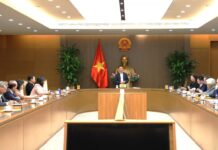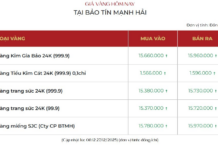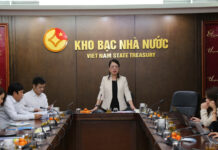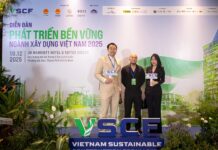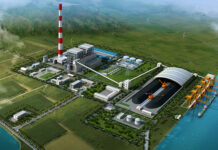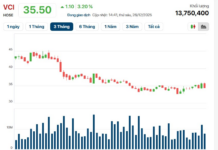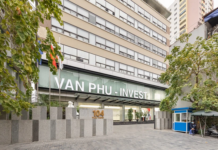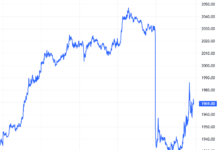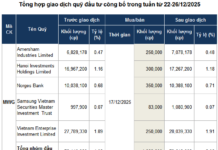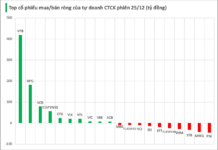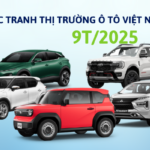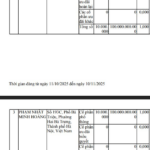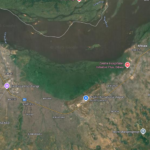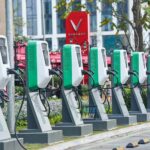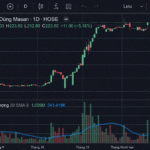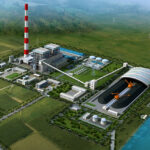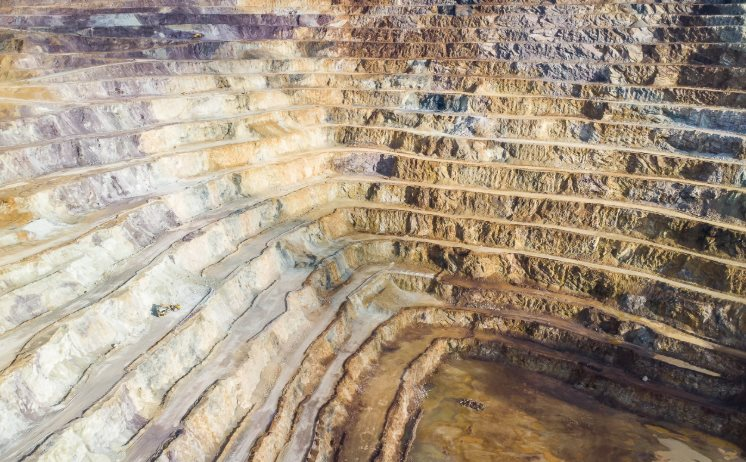
Illustrative Image
As rare earth elements emerge as the “new oil” of the 21st century—powering electric vehicles, renewable energy, and defense technologies—Thailand is rapidly becoming a new focal point in the global supply chain.
According to the 2024 report by the U.S. Geological Survey (USGS) and Investing News Network (INN), Thailand now ranks as the world’s 6th largest producer of rare earth elements, with an annual output of 13,000 tons—a staggering 261% increase in just one year.
This surge propels Thailand past many Asian and European nations, making it the fastest-growing rare earth producer globally.
Geological surveys reveal that northeastern Thailand, particularly the provinces of Nakhon Ratchasima (Korat) and Buriram, harbors rich deposits of rare earth elements (REEs) such as Neodymium (Nd), Praseodymium (Pr), Dysprosium (Dy), and Yttrium (Y). These materials are critical for electric vehicle motors, wind turbines, semiconductors, smartphones, and satellite systems—the backbone of modern technology.
This “underground wealth” is transforming northeastern Thailand into a new mining hub, attracting significant international investment.
A pivotal development is the Neo Magnequench plant in Nakhon Ratchasima, which produces permanent magnets for the global electric vehicle and electronics industries.
This facility serves as a strategic link in the regional rare earth supply chain, laying the groundwork for large-scale investment projects.
Notably, China’s BYD has announced a $486 million (17 billion baht) investment to build an electric vehicle manufacturing plant in Thailand. This move not only boosts the electric vehicle production chain but also solidifies Thailand’s role in ASEAN’s rare earth value chain.
The Thai government is targeting advancements in mining, refining, and recycling technologies to enhance domestic supply chain value. If successful, Thailand could evolve from a raw material supplier to a regional rare earth processing hub, mirroring China’s role over the past two decades.
In the era of clean energy and global technological competition, rare earth elements are no longer just resources—they are strategic assets reshaping Asia’s economic and geopolitical landscape. With its geological advantages and current growth trajectory, Thailand is poised to become ASEAN’s “new gold mine” in the rare earth industry.
Source: The Nation
Smart Consumers Drive Business Transformation
The evolving consumer awareness and purchasing behaviors toward personal care and household products are compelling businesses, particularly small and medium-sized enterprises (SMEs), to recalibrate their strategies to align with eco-friendly, clean, and sustainable standards.
The Unique Advantage of Vingroup’s Upcoming Mega-Project Destination: Dominating 74% of Global Production for a Critical Electric Vehicle Metal
The nation where Vingroup is set to launch a groundbreaking infrastructure project stands at the heart of the global electric vehicle supply chain. It commands over 74% of the world’s cobalt production—a metal hailed as the “lifeblood” of lithium-ion batteries, an indispensable component in every modern electric vehicle.
Unveiling Vingroup’s Bold New Venture in Africa
Vingroup’s recent Memorandum of Understanding (MOU) with the Kinshasa Capital Authority in the Democratic Republic of the Congo has sparked significant media attention and interest from industry observers. The agreement, focused on researching and developing large-scale urban projects and green transportation solutions in Congo, aligns with Vingroup’s established pattern of strategic market entry. Given their past initiatives, the conglomerate’s intentions in this new market appear both clear and purposeful.








